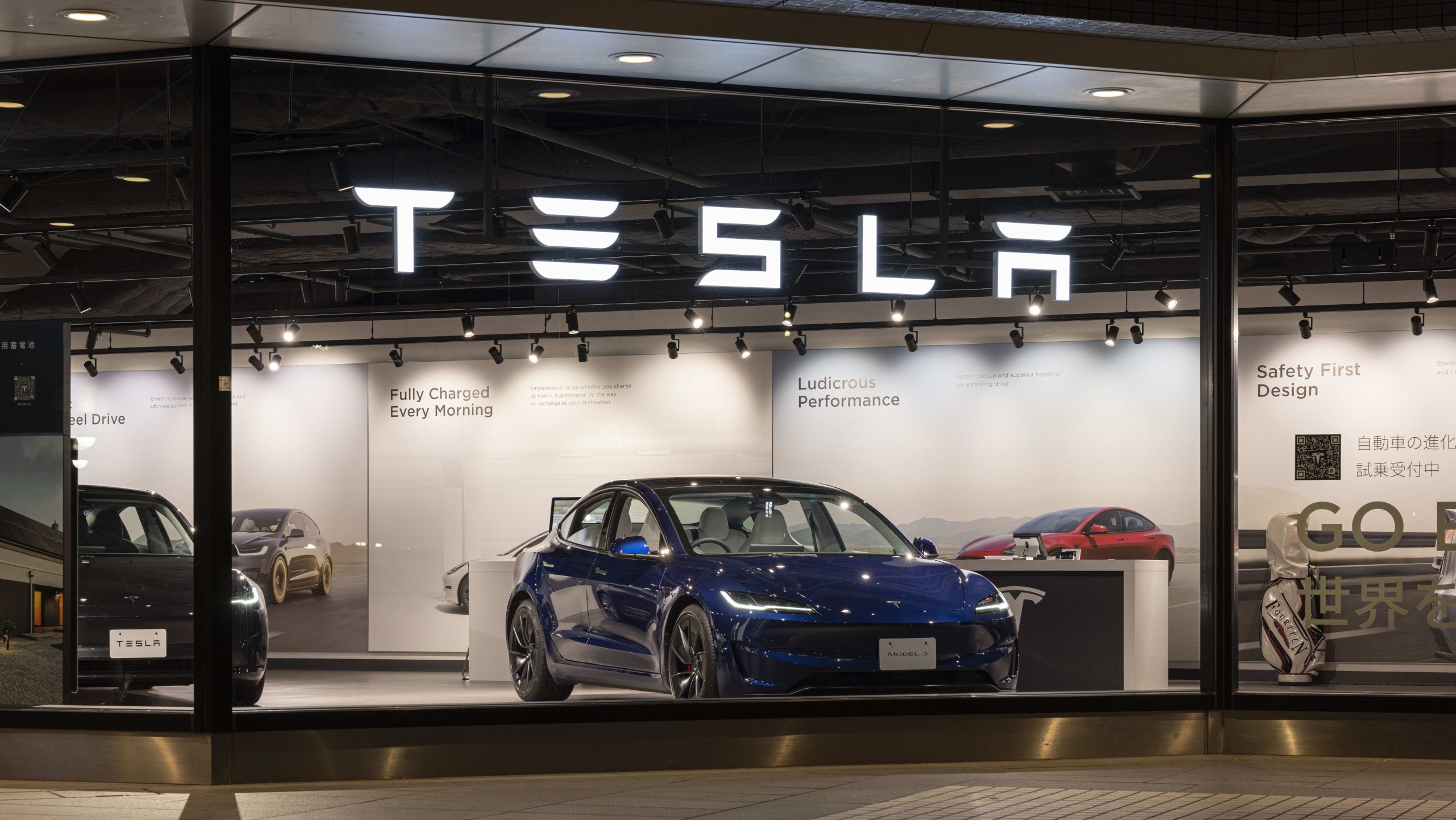As we’ve already noted, Joe Biden has been the most important president for climate action this backwards country has had, and Kamala Harris, if given a Democratic Congress, would be in a position to surpass Biden’s impressive record. Harris’s pick of Minnesota Gov. Tim Walz as her running mate just makes the prospects of significant climate action even better. Best climate governor in the country? Just might be!
Let’s just review a few of the climate policies Walz has managed to pass into law with that Democratic trifecta that has also brought so many other good policies to Minnesota, like the free school lunches, protections for reproductive rights, and family leave policy.
Walz’s biggest climate achievement may be the state’s 2022 law requiring that all state utilities get 100 percent of their electricity from carbon-free sources by 2040. Minnesota was actually well on the way there when he signed the bill, in fact, since at the time it was already getting 55 percent of its electricity from renewables, especially hydroelectric, and from nuclear. Coal, which is now far more expensive than renewables, keeps declining as part of Minnesota’s energy mix, mostly because it’s a lousy, inefficient energy source that can’t compete with gas (which is still a fossil fuel, mind you) or even with wind and solar.
The law doesn’t simply set that 2040 goal and hope for the best, either: It sets up specific targets between now and then:
80 percent carbon-free by 2030 and 90 percent by 2035. Utilities can use a mix of solar, wind, hydropower, nuclear, hydrogen power, and biomass — energy obtained from burning wood and trash — to meet the 2040 goal.
Even better, as Semafor notes, a target for clean energy is great but you also need substantial new infrastructure to move those electrons around the grid and get that energy from powerplants to consumers, which is why Walz worked closely with the state Lege to pass a significant permitting reform bill. State Rep. Larry Craft (DFL), who co-sponsored the bill, explained to Semafor,
Walz was focused on the details of the permitting process and stripping out inefficiencies, Kraft said, and at least as interested in the economic benefits of permitting reform as in the climate benefits. “He’s all about common sense, how to do things faster and better, more efficiently,” Kraft said. And he did it without scaling back the core environmental review process.
Two things! Numero Uno: As we’ve discussed, grid expansion and permitting reform are now the biggest speed bumps in the energy transition. It can take years for new transmission lines to be built, mostly because the permitting process is slow and unwieldy. A bipartisan permitting reform bill is actually making progress in the US Senate right now, a near miracle in an election year, and while there are concerns about provisions that are friendly to fossil fuels, the clean energy boffins at Heatmap say the benefits for clean energy and emissions reduction outweigh the concessions to fossil fuels, especially since rapid deployment of renewables will end fossil energy more quickly. If the bill fails this year, Walz, with his permitting reform bona fides, will be a perfect point guy on a renewed attempt.
And Numero Dos, Walz’s emphasis on jobs and the economy as reasons to move the energy transition forward is completely in line with the Biden-Harris strategy in the Inflation Reduction Act, and it’s extremely smart politics. Yes, climate action is absolutely necessary to keep the planet habitable for large mammals like Siberian tigers and Vin Diesel, but it also makes sense to electrify everything because it’s just plain more efficient, creates jobs, and then there’s all the lower costs for healthcare when millions fewer people have heart and lung disease. (Mr. Diesel won’t even have to become Vin Battery or Vin Hybrid, either.)
But wait, there’s more! In addition to the clean energy target and the permitting reform, Walz has also created a $2 billion grant program for clean energy projects in Minnesota, as well as these goodies listed by Grist:
[Walz has] funded a clean energy jobs training program for minority and low-income Minnesotans, approved new clean transportation standards, and enacted a law directing $240 million toward replacing the state’s lead water pipes.
Much more on the clean transportation standards here, with a discussion of how, like the utility law, the transportation plan isn’t just aspirational, but hardwires emissions reductions into transportation planning. Also, lots of public transportation, and subsidies for e-bikes.
Finally there’s just plain the Tim Walz factor: The guy has a knack for making clear to people why climate action isn’t merely nice in an abstract sense, but because it will be to their benefit and to their communities’ benefit. As Time climate correspondent Justin Worland explains,
Walz’s messaging solution sounds a bit like President Biden’s with a lot of talk about jobs. “The surest way to get people to buy in is to create a job that pays well in their community,” he told me. That messaging needs to better tailored his language to meet voters where they are. “All of us are going to have to be better about our smart politics, about bringing people in,” he said.
And that, kids, is encouraging as hell. Every time the fossilheads accuse Walz of being some kind of socialist, he can point to Minnesota’s climate policies and the jobs they’re already creating. Just what’s needed to sell the progress that Joe Biden has already achieved on climate and clean energy jobs, and to build on that progress further.
Plus, he’s more fun than the fossil fuel creeps. That counts for a lot!
[Grist / Time / Governing / Grist / Semafor]
Yr Wonkette is funded entirely by reader donations. If you can, please become a paid subscriber, or if you prefer to make a one-time donation, this button promotes clean energy jobs, at least for writers at Wonkette, you know.



![Joe Biden Gonna Turn It [Grid Expansion] On, Gonna Bring You The [Renewable] Power!](https://substackcdn.com/image/fetch/w_140,h_140,c_fill,f_auto,q_auto:good,fl_progressive:steep,g_auto/https%3A%2F%2Fsubstack-post-media.s3.amazonaws.com%2Fpublic%2Fimages%2F85148143-b508-4c43-8d3a-e09d2f418a04_1100x823.jpeg)


